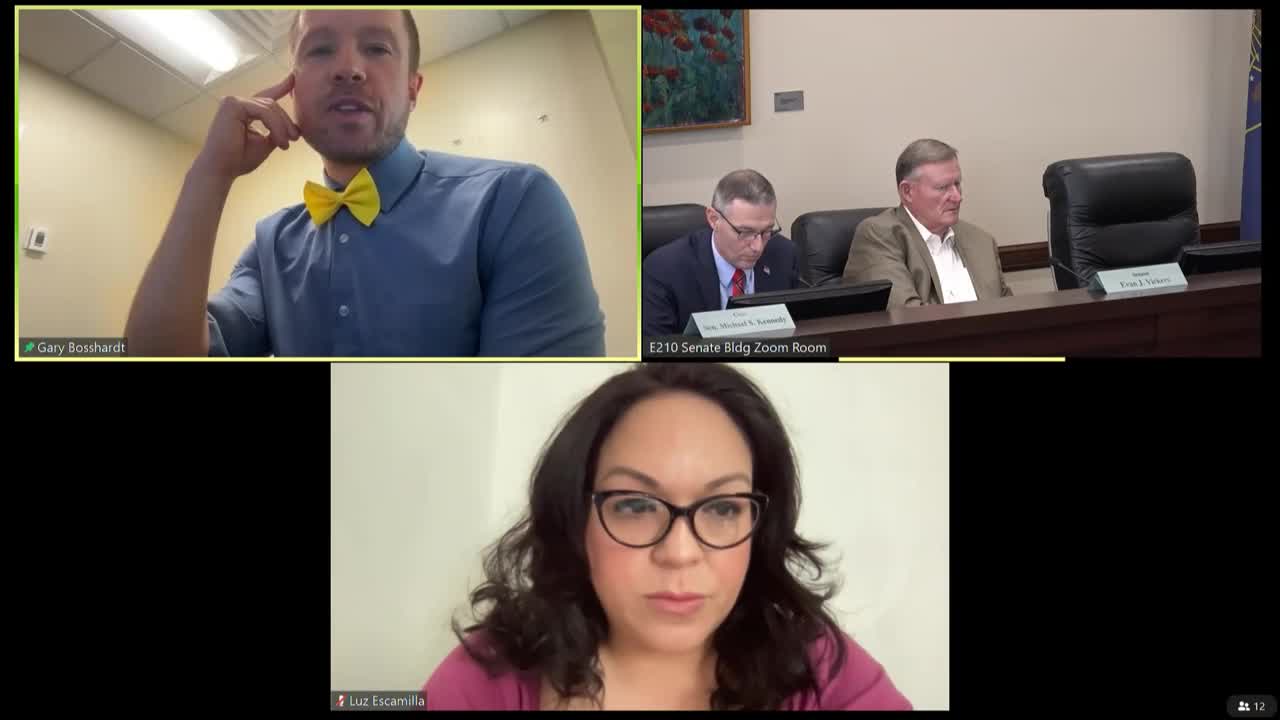Cannabis perceptions shift as younger doctors advocate change
April 05, 2024 | Senate Health and Human Services Confirmation Committee, Utah Senate, Utah Legislative Branch, Utah

This article was created by AI summarizing key points discussed. AI makes mistakes, so for full details and context, please refer to the video of the full meeting. Please report any errors so we can fix them. Report an error »

In a recent government meeting, discussions centered around the evolving perceptions of cannabis, particularly among healthcare providers. A pediatrician shared insights from their upbringing in the 1980s and 1990s, highlighting how the DARE program instilled a fear-based narrative around drugs, equating cannabis with severe consequences. This historical context has contributed to a lingering stigma among older healthcare professionals, who often still view cannabis as a \"gateway drug.\"
The pediatrician noted a generational shift, with younger practitioners adopting a more open stance towards cannabis, recognizing its medicinal benefits, particularly for patients suffering from chronic pain, severe nausea, and other conditions. They emphasized that while cannabis is not without risks—pointing to an increase in cannabis use disorders in states where it has been legalized—its classification as a Schedule I substance is increasingly seen as outdated.
The discussion also touched on the regulatory landscape, noting that prior to 2018, healthcare providers faced legal risks when prescribing CBD, reflecting the broader societal shift in attitudes towards cannabis. The pediatrician argued for a balanced view that acknowledges both the potential benefits and the need for regulation, suggesting that cannabis can improve quality of life for many patients.
Senator Escamilla expressed appreciation for the pediatrician's insights, indicating a growing recognition of the complexities surrounding cannabis use and its implications for public health policy. The meeting underscored the importance of ongoing dialogue as societal views on cannabis continue to evolve.
The pediatrician noted a generational shift, with younger practitioners adopting a more open stance towards cannabis, recognizing its medicinal benefits, particularly for patients suffering from chronic pain, severe nausea, and other conditions. They emphasized that while cannabis is not without risks—pointing to an increase in cannabis use disorders in states where it has been legalized—its classification as a Schedule I substance is increasingly seen as outdated.
The discussion also touched on the regulatory landscape, noting that prior to 2018, healthcare providers faced legal risks when prescribing CBD, reflecting the broader societal shift in attitudes towards cannabis. The pediatrician argued for a balanced view that acknowledges both the potential benefits and the need for regulation, suggesting that cannabis can improve quality of life for many patients.
Senator Escamilla expressed appreciation for the pediatrician's insights, indicating a growing recognition of the complexities surrounding cannabis use and its implications for public health policy. The meeting underscored the importance of ongoing dialogue as societal views on cannabis continue to evolve.
View full meeting
This article is based on a recent meeting—watch the full video and explore the complete transcript for deeper insights into the discussion.
View full meeting

